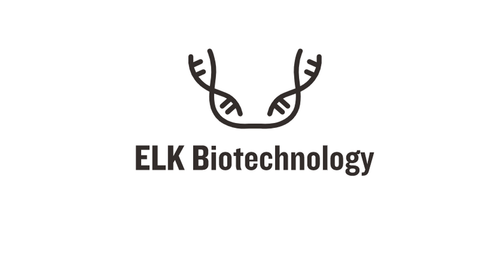Product Description
Human Proteinase 3 (PR3) ELISA Kit | AE60028HU | Abebio
Species Reactivity: Human (Homo sapiens)
Abbreviation: PRTN3
Alternative Name: ACPA; AGP7; C-ANCA; CANCA; MBN; MBT; NP4; P29; PR-3; PR3; Wegener granulomatosis autoantigen|azurophil granule protein 7|leukocyte proteinase 3|myeloblastin|serine proteinase; neutrophil
Application: ELISA
Range: Request Information
Sensitivity: Request Information
Intra-Assay: ≤7.4%
Inter-Assay: ≤9.2%
Recovery: 1, 03
Sample Type: Serum, Plasma, Other biological fluids
Detection Method: Sandwich
Analysis Method : Quantitive
Test Principale: This assay employs a two-site sandwich ELISA to quantitate PRTN3 in samples. An antibody specific for PRTN3 has been pre-coated onto a microplate. Standards and samples are pipetted into the wells and anyPRTN3 present is bound by the immobilized antibody. After removing any unbound substances, a biotin-conjugated antibody specific for PRTN3 is added to the wells. After washing, Streptavidin conjugated Horseradish Peroxidase (HRP) is added to the wells. Following a wash to remove any unbound avidin-enzyme reagent, a substrate solution is added to the wells and color develops in proportion to the amount of PRTN3 bound in the initial step. The color development is stopped and the intensity of the color is measured.
Product Overview: PRTN3 is a serine protease enzyme expressed mainly in neutrophil granulocytes. Its exact role in the function of the neutrophil is unknown but in human neutrophils proteinase 3 contributes to the proteolytic generation of antimicrobial peptides. It is also the epitope of anti-neutrophil cytoplasmic antibodies (ANCAs) of the cANCA (cytoplasmic subtype) class, a type of antibody frequently found in the disease Wegener's granulomatosis. Proteinase K is commonly used in molecular biology to digest protein and remove contamination from preparations of nucleic acid. Addition of proteinase K to nucleic acid preparations rapidly inactivates nucleases that might otherwise degrade the DNA or RNA during purification.
Stability: The stability of ELISA kit is determined by the loss rate of activity. The loss rate of this kit is less than 5% within the expiration date under appropriate storage condition. The loss rate was determined by accelerated thermal degradation test. Keep the kit at 37°C for 4 and 7 days, and compare O.D.values of the kit kept at 37°C with that of at recommended temperature. (referring from China Biological Products Standard, which was calculated by the Arrhenius equation. For ELISA kit, 4 days storage at 37°C can be considered as 6 months at 2 - 8°C, which means 7 days at 37°C equaling 12 months at 2 - 8°C) .
 Euro
Euro
 USD
USD
 British Pound
British Pound
 NULL
NULL












